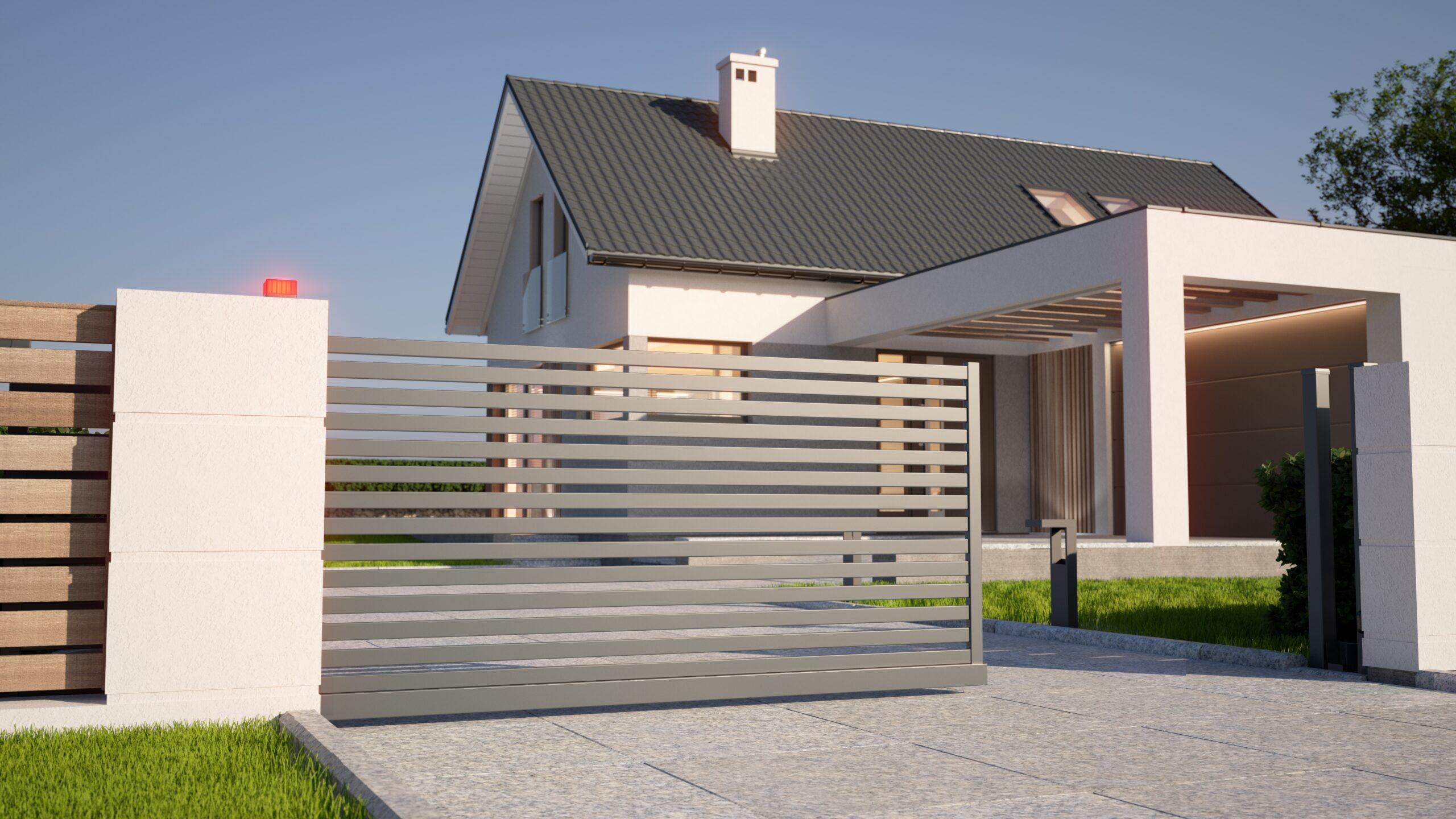
When it comes to enhancing the security, accessibility, and aesthetic appeal of your property, selecting the right gate is crucial. With various styles, materials, and functionalities available, it can be overwhelming to make the best choice. This comprehensive guide will help you navigate the key considerations to ensure you choose the perfect gate for your needs.
1. Assess Your Needs
Before diving into styles and materials, take a moment to assess your specific needs. Consider the following questions:
- Purpose: Is the gate primarily for security, privacy, or decorative purposes?
- Location: Will it be installed at the front entrance, driveway, or backyard?
- Frequency of Use: How often will the gate be opened and closed?
Understanding your primary requirements will help narrow down your options.
2. Choose the Right Style
Gates come in various styles, each offering distinct advantages. Here are some popular options:
-
Swing Gates: These gates are hinged on one side and swing open like a door. They are ideal for properties with ample space and can be designed to be very decorative.
-
Sliding Gates: Perfect for properties with limited space, sliding gates move along a track and do not require additional clearance. They are often used for driveways and larger properties.
-
Bi-Folding Gates: These gates fold in on themselves and are suitable for narrow driveways or areas where space is limited. They offer a unique aesthetic while saving space.
3. Consider Material Options
The material of your gate plays a significant role in its durability, maintenance, and appearance. Common materials include:
-
Wood: Offers a classic and warm look. However, wood gates require regular maintenance to prevent rotting or warping.
-
Metal: Options like wrought iron and aluminum provide strength and security. Metal gates can be decorative and often require minimal maintenance.
-
Vinyl: A low-maintenance option that mimics the look of wood. Vinyl gates are resistant to fading and weathering, making them a durable choice.
4. Security Features
If security is a primary concern, consider gates with additional security features, such as:
-
Locking Mechanisms: Look for sturdy locks, deadbolts, or electronic keypads for enhanced security.
-
Automation: Automatic gates can be operated via remote control, keypad, or smartphone app, providing convenience and an extra layer of security.
-
Fencing Integration: Ensure your gate complements your existing fencing for a cohesive security solution.
5. Aesthetic Appeal
The right gate can significantly enhance your property’s curb appeal. Consider the architectural style of your home when selecting a gate. A modern home may benefit from sleek, minimalist designs, while a traditional home might look best with an ornate wooden or wrought iron gate.
6. Budget Considerations
Gates can vary widely in price based on style, material, and features. Set a budget before you start shopping to help narrow your options. Keep in mind that while some gates may have a higher upfront cost, they may save you money in the long run with lower maintenance and increased durability.
7. Consult Professionals
If you’re unsure about which gate is best for your property, consider consulting with a professional. They can provide valuable insights based on your specific needs, preferences, and local regulations.
Conclusion
Choosing the right gate for your property involves careful consideration of your needs, style preferences, materials, and budget. By following this comprehensive guide, you can make an informed decision that enhances your property’s security and aesthetic appeal. Whether you opt for a classic wooden swing gate or a modern automated sliding gate, the right choice will provide you with functionality and beauty for years to come.
